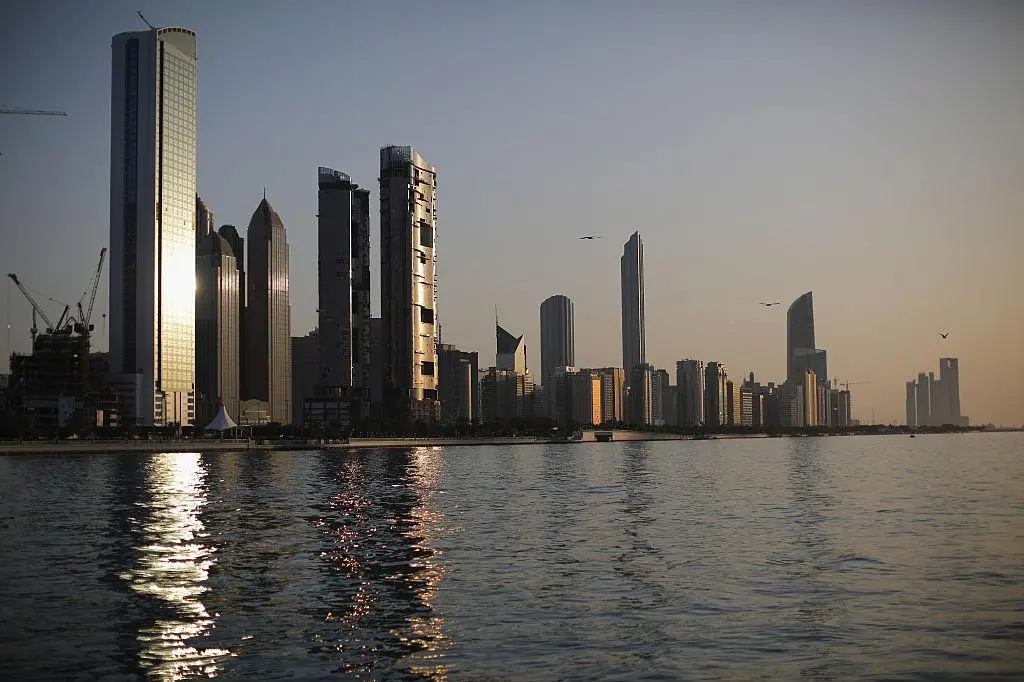PHOTO
The majority of Abu Dhabi residents are hopeful that life will return to normal in 2020, following the impact of Covid-19, according to a new survey by The Department of Community Development (DCD) in Abu Dhabi.
Drawing on a survey of over 8,000 people, the study shows that 58 per cent of residents believe life will return to normal this year, while just 17 per cent felt that a return to normality would be delayed until after mid-2021.
Men are slightly more optimistic, with 60 per cent believing life will return to normal this year, versus 54 per cent among women.
The findings also suggest that families with school-aged children believe it will take longer for normality to return.
The survey also finds room for optimism when examining how Abu Dhabi residents are feeling as they look towards the Covid-19 era.
Just 38 per cent of respondents cited continued concerns about health risks to them or their family, while only 30 per cent registered concern about on-going economic impacts.
Fewer than one in four people (23 per cent) are worried about a lasting effect on their personal income.
Trust in government
Moreover, 85.57 per cent stated the future depends on how the government and society respond together to Covid-19 and its socioeconomic aftermath.
While there are inevitable concerns about life after Covid-19, the survey finds that the vast majority of people (92 per cent) have a high level of trust in the UAE government's actions in response to the pandemic, as well as the response to meet the needs of the elderly and people with disabilities.
The UAE residents' trust in the UAE government remains salient in the different surveys launched by the department, as the findings of DCD's first survey on the impact of Covid-19 have also shown that people have full confidence in the ability of the UAE government to handle the Covid-19 pandemic (92.4 per cent) and believe that the UAE government has mobilised sufficient medical and non-medical resources to combat Covid-19 (90 per cent).
DCD's previous survey also showed that around 89 per cent trust that the UAE has adopted effective early advanced precautionary measures to withstand the challenge.
The data is drawn from the 'Life After Covid-19' study, recently launched by the DCD and the Statistic Center of Abu Dhabi (SCAD), to examine perceptions of how life will be affected by the pandemic.
The survey is designed to help guide policy-making, overcome the challenges of Covid-19, and improve the quality of life for UAE residents.
Dr Muna Al Bahar, Advisor at the DCD, said, "These survey findings are crucial in helping us address people's concerns and mitigate the impact of Covid-19 on their lives. While we cannot ignore the impact of the pandemic, it is encouraging to see such resilience and optimism among Abu Dhabi residents. We also feel the responsibility of the trust that people have put in the UAE authorities to effectively manage this challenging situation."
"We have been committed to combatting Covid-19 and improving the quality of life for UAE residents since the emergence of the pandemic, and we encourage the UAE community to keep taking the required precautionary measures and follow the UAE government's directives to ease the impact of the pandemic on all of our lives," Al Bahar added.
The Department encourages residents to participate in this survey to help UAE authorities take the necessary measures to ensure the safety and security of the people of the UAE at this challenging time. All individual information provided will remain strictly confidential. Residents can take part in the survey by logging on to.
Copyright © 2020 Khaleej Times. All Rights Reserved. Provided by SyndiGate Media Inc. (Syndigate.info).





















